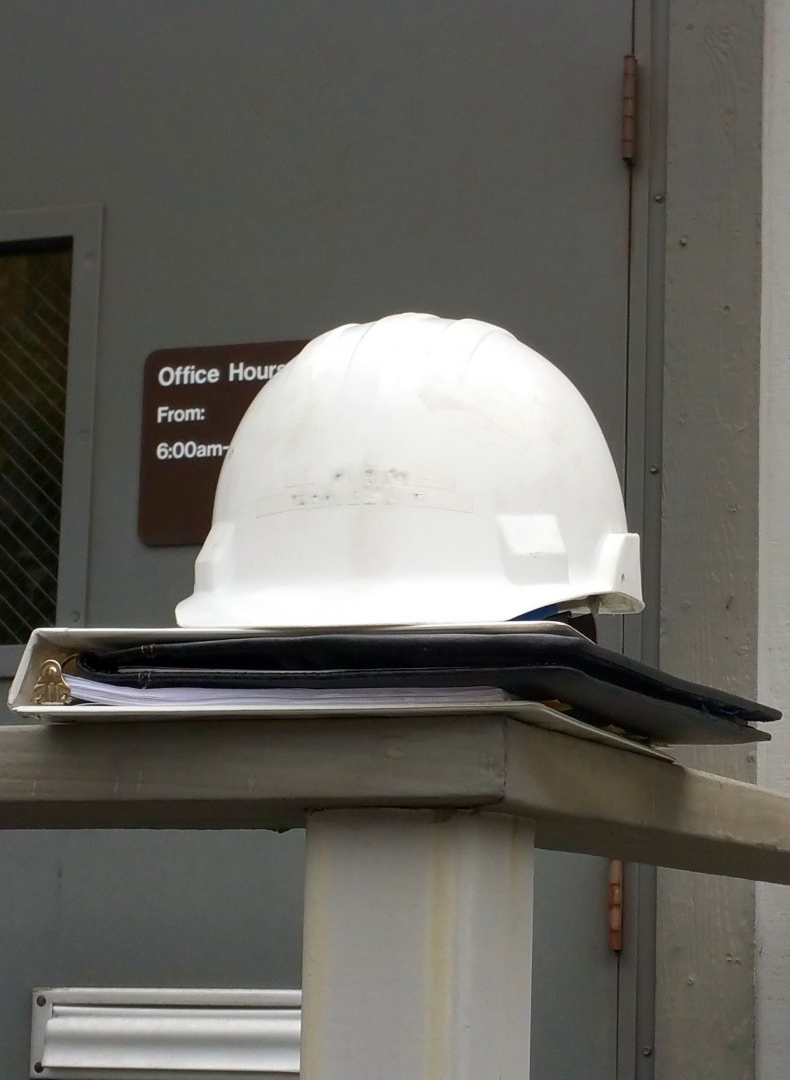Charting Triumph: The Importance of Surveying Expertise in Infrastructure Development
Within the vibrant world of construction, the importance of careful planning and precise measurements cannot be overstated. Land surveying solutions have a crucial function in ensuring that every project, from home houses to large-scale infrastructure, is built on a solid foundation—in a literal sense. By delivering vital data about property boundaries, terrain, and existing buildings, qualified land surveyors lay the foundation for prosperous construction projects, aiding to avoid financial mistakes and conflicts down the line.
Understanding the different facets of surveying can enable property developers, builders, and even homeowners. From understanding what to expect during a property survey to acknowledging the multiple kinds of surveys available, each point plays a role to knowledgeable choices. Regardless of whether it is the legal significance of an exact property assessment or the tech developments influencing the sector, understanding the nuances of land surveying solutions is essential for anyone involved in the construction industry or property transactions.
Importance of Expert Land Surveying
Expert surveying is essential for maintaining the correctness and reliability of land assessments. When starting on any construction project, having a exact understanding of land boundaries, terrain, and existing infrastructure is essential. Surveyors utilize state-of-the-art technology and procedures to obtain data that provides a comprehensive picture of the site, permitting for informed decisions to be made. This accuracy alleviates risks associated with development, such as legal disputes or unexpected costs, thereby making sure that projects proceed smoothly.
Moreover, professional land surveyors play a important role in safeguarding property rights. An accurate land survey establishes definite boundaries, which is essential for preventing infringements and disputes with surrounding properties. This can save property investors from potential legal battles that may arise because of misunderstandings about property boundaries. When property contractors rely on these exact measurements, they can confidently proceed with their projects, being aware that they are adhering to legal and regulatory requirements.

Finally, the knowledge of expert land surveyors extends further than just assessing land. They also provide valuable guidance into zoning compliance and land use planning, which are critical for successful construction. By understanding the regulations and rules that apply to a property, surveyors help clients manage the complexities of construction projects. This not only helps to ensure adherence to local laws but also contributes to the overall success and longevity of construction projects in the area.
Types of Surveys and Their Uses
Questionnaires play a critical role in multiple stages of development and land management. One of the most common types is the boundary survey, which helps establish the legal boundaries of a property. This type of survey is essential for property owners and developers to avoid disputes over boundary lines and to understand the extent of their land ownership. By clearly marking land borders, these surveys provide assurance and prevent costly conflicts with neighbors.
Terrain surveys, on the other hand, emphasize the profiles and attributes of the land. Additional hints are used to create comprehensive maps that indicate the heights and low points of the terrain. This information is vital for planners and engineers when designing structures, as it helps them evaluate how a facility will fit into the environment. Topographic surveys are often mandated for real estate developments, as they inform decision-making related to stormwater runoff, earthwork, and the overall layout of the site.
Another important type of survey is the ALTA survey, which is frequently requested during commercial real estate transactions. This survey combines boundary and topographic aspects with additional specifications that ensure compliance with national standards. It provides thorough information about land limits, existing facilities, and any encumbrances or restrictions. This level of detail is critical for builders, as it helps them grasp the associated risks and benefits associated with a property before making major investments.
Technological Developments in Surveying
The land measurement industry has undergone substantial evolution with the introduction of emerging techniques, transforming how land measurements are conducted. One of the notable advancements is the use of global positioning system (GPS) system, which enables surveyors to ascertain precise locations with enhanced accuracy. This technology enhances the efficiency of surveying processes, enabling surveyors to quickly gather data over large areas without the traditional restrictions of manual measurements. The use of GPS also reduces human error, guaranteeing that the results are more accurate.
In addition to GPS, drone innovation has emerged as a valuable tool for surveying. Drones equipped with detailed cameras and sensors can collect comprehensive aerial images and data that were once challenging and time-consuming to obtain. This technology is particularly beneficial for topographic surveys, land subdivisions, and infrastructure projects, as it provides for a comprehensive view of the landscape and structures from the air. Drones can map large areas in a fraction of the time it would take using traditional methods, making surveying projects more efficient and more economical.
Furthermore, advancements in software and data analysis tools have transformed how surveyors analyze and display their findings. Cutting-edge software tools now permit surveyors to create detailed 3D models and visualizations from collected data, offering clients with clearer insights into the project's topography, boundaries, and potential challenges. This ability enhances cooperation between surveyors, engineers, and architects, leading to more informed decision-making throughout the construction process. As technology continues to evolve, the surveying industry is ready to become even more progressive and integral to successful construction projects.